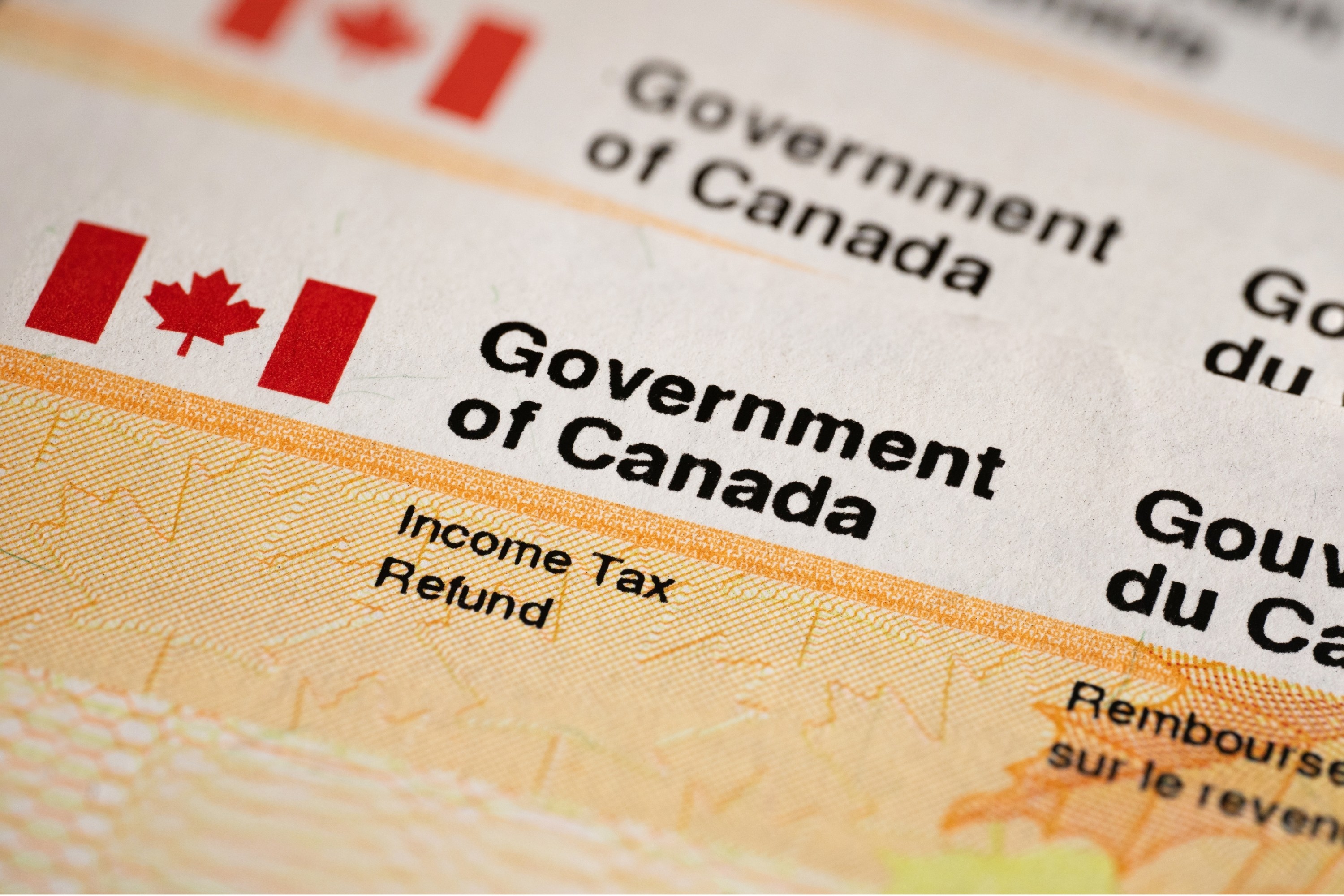Understanding common tax credits and benefits in Canada


Contrary to common stereotypes about tax collectors, the Canada Revenue Agency isn’t a “bad guy”, and not all tax systems are ruthless money grabs.
Canada’s system is designed to give back to residents in the form of tax credits, deductions and direct benefit payments. These perks help lower the cost of living, reduce demographic inequality, and fund public services like healthcare, education and infrastructure. Tax programs benefit you if you are a citizen and a permanent resident, as long as your personal and business income taxes are filed annually.
This guide explains the most common tax credits and benefits in Canada, who is eligible, and how to access them.
Main differences between tax credits and benefits
What is a tax credit?
A tax credit directly lowers the tax you owe. In some cases, it can even give you a refund by filing your income tax return and claiming the credits you qualify for.
What are tax benefits?
Tax benefits are government payments, often monthly or quarterly, that help with living costs. You become eligible by filing your taxes each year, even if you have little or no income. Examples include the Canada Child Benefit for families and a quarterly GST/HST credit.
Refundable vs non-refundable credits
Refundable credits pay out even if you owe no tax, while non-refundable credits only reduce your tax to zero, but won’t generate a refund.
Tip for newcomers to Canada
The sooner you register with the CRA (Canada Revenue Agency), the sooner you can access tax credits and benefits. Additionally, it's a good idea to have your personal information, such as immigration status, address, and banking details on file, so that things are expedited when you file your taxes or utilize other government services.
Family and child tax credits and benefits
Canadian society upholds strong family values, and this is reflected in how the tax system supports economic well-being for families. Here are some ways that the CRA helps to ease the financial burden of raising a family:
- Canada Child Benefit (CCB): monthly tax-free payments to help with raising children.
- Child Disability Benefit: extra support for families with children who have a disability.
- Child Care Expense Deduction: lowers taxable income for parents paying for daycare.
Work and income tax credits
Hardworking individuals uphold a nation, and the Canadian government gives back to its workers in the form of tax benefits and credits. This especially benefits low-income and entrepreneurial Canadians.
- Basic Personal Amount: a non-refundable credit that reduces taxes for everyone.
- Canada Workers Benefit (CWB): refundable credit for low-income workers.
- Employment Expenses & Union/Professional Dues: deductions that help reduce taxable income.
Tips for newcomers to Canada
Newcomers to Canada are taxed on their worldwide income from the moment they become residents.
To work and file taxes, you must first apply for a Social Insurance Number (SIN). Eligibility for many credits and benefits, such as the GST/HST credit or the Canada Child Benefit, begins only after becoming a resident of Canada.
Some deductions, like tuition or medical expenses, may be claimed right away, while others depend on having Canadian-source income.
Health and disability tax credits
A healthy nation is a happy nation. Canada is known for its universal health care system, and it does what it can to uphold the vitality and well-being of its residents. Canadians benefit from these health-related tax credits:
- Disability Tax Credit (DTC): helps people with severe and prolonged impairments.
- Medical Expense Tax Credit: offsets out-of-pocket healthcare costs such as prescriptions and certain services (think massage, physiotherapy, chiropractor, acupuncture, etc.)
Tip for newcomers in Canada
Health-related credits and benefits vary by province/territory, so be sure to research what is covered in your area.
Education and training tax credits
Canada is known for its globally-renowned education system. Certain tax programs help make things easier financially for students completing their post-secondary education.
Tuition Tax Credit: reduces tax for students paying eligible tuition fees.
Student Loan Interest Deduction: non-refundable credit for interest paid on student loans.
Lifelong Learning Plan (LLP): allows use of RRSP funds for retraining.
GST HST credit and other supports
GST HST Credit
Quarterly, tax-free payments to help low- and modest-income individuals/families.
Home buyers’ amount
There are other common credits, like the Home Buyers’ Amount for first-time homeowners. This is a federal non-refundable tax credit that helps first-time home buyers with purchase costs. You can claim up to CA$10,000, which gives a maximum tax credit of CA$1,500. It applies to most types of homes, and spouses or partners can split the claim as long as the total doesn’t exceed CA$10,000.
Tips for accessing tax benefits easily
Filing your taxes
- To qualify, file your taxes on time, every year, even if you don’t have any income.
- Register with the CRA through My Account
Documents for newcomers to Canada
Newcomers to Canada will need to acquire these documents:
- Social Insurance Number
- Immigration status
- Banking info
Free tax clinics and support
It’s easy to feel overwhelmed or confused when filing your taxes. Things get a little more complicated if you own your own business (or multiple businesses), have a spouse or dependents, or have assets such as property. In most cities and in many towns, you can find free tax clinics that offer income tax support, especially during the spring.
Staying updated on benefits
The cost of living is high in most of Canada, and tax credits and benefits provide a bit of financial ease. Check the CRA website regularly, since credits and benefits change often and new programs are announced throughout the year. These benefits may be a nice surprise for you.
Using CRA resources and tax advisors
To help ease the pressure of tax season, remember you can take advantage of CRA resources or professional tax advisors for more personalized tax support.
Learn more about filing taxes in Canada
If you are new to Canada, learn more about the process of filing income taxes in our complete guide.
Moving to and in Canada soon?
Relocating is a big step, and filing taxes is only one part of settling in. To make the transition smoother, book the best moving teams on the ground with Wise Move. They’ll help ensure your move is stress-free so you can focus on getting settled and taking advantage of Canada’s tax credits and benefits.
What do our customers say?


























